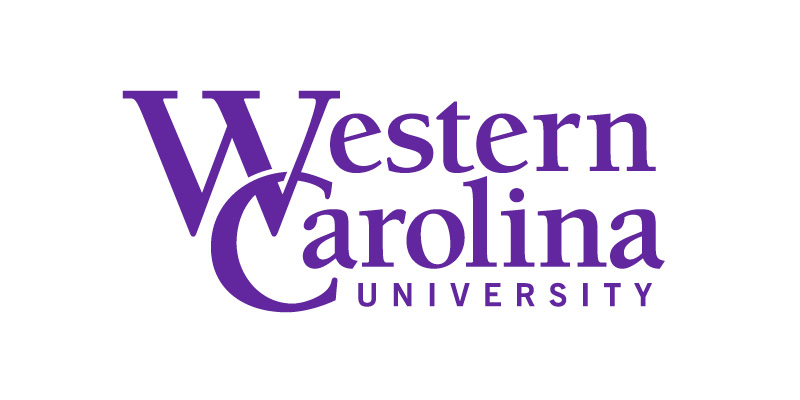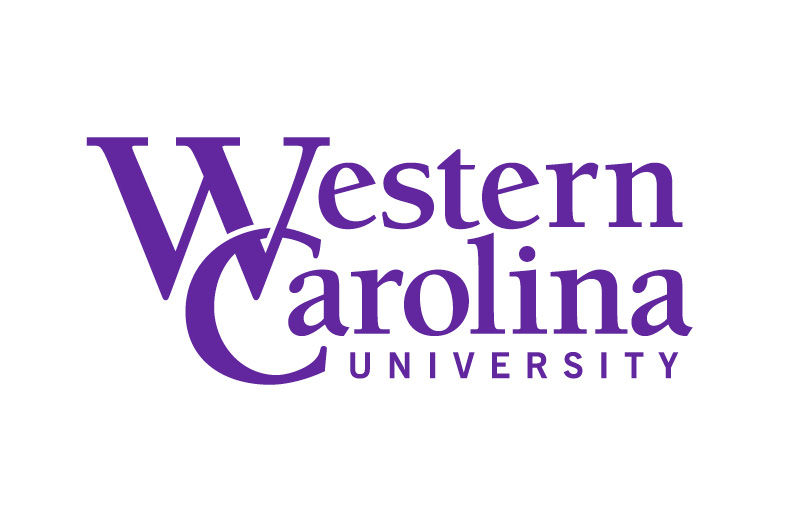Drs. Georgia Ennis and Vincent Russell received a Provost grant for research on social media use by indigenous Ecuadorian women this summer in Napo, Ecuador.
The one-week social media workshop will provide training for members of the Association of Upper Napo Kichwa Midwives (AMUPAKIN). Ennis and Russell will train AMUPAKIN members on social media use with honoria given to those who complete the program. Ennis will stay an additional three weeks to help with content production.
The project will benefit the AMUPAKIN members. A primary benefit is increasing social media capacity to “create content, promote and raise funds for their organization,” said Russell.
Another benefit is revitalizing and preserving the Kiwcha culture and promoting their language through intergenerational content creation.
“They will be working together to create social media content about Kichwa language and lifeways. Creating content will provide opportunities for the younger members to learn ancestral knowledge from elders while also promoting Kichwa practices online to the world,”said Russell.
WCU student’s will also benefit through the undergraduate research assistant position and classroom work. The research assistant will gain first-hand experience in data collection and analysis and will have the potential opportunity to present the research findings as a co-author at conferences. Other students will connect course concepts with the AMUPAKIN social media content in Ennis’ environmental anthropology courses.
The project further aims to contribute to indigenous language revitalization knowledge. Insight will be given on ideologies of indigenous social media, the benefits and challenges of environmental knowledge and linguistic revitalization that may apply to other international linguistic and cultural revitalization projects.
To add to the importance of the study regarding language endangerment and environmental degradation, Russell said, “In the Ecuadorian Amazon, loss of Indigenous languages is also linked to the loss of Indigenous territories and the reordering of local ecologies in the face of settlement and agricultural development. This collaborative research project explores social media production as a method for cultural and linguistic revitalization, while also intervening in dominant discourses of Indigenous rights and environmentalism in the Amazon rainforest.”
When asked how the grant was secured, Russell said, “We had to write a project narrative, create a budget, provide biographies for Dr. Ennis and myself and secure letters of support from our department heads and AMUPAKIN.”

